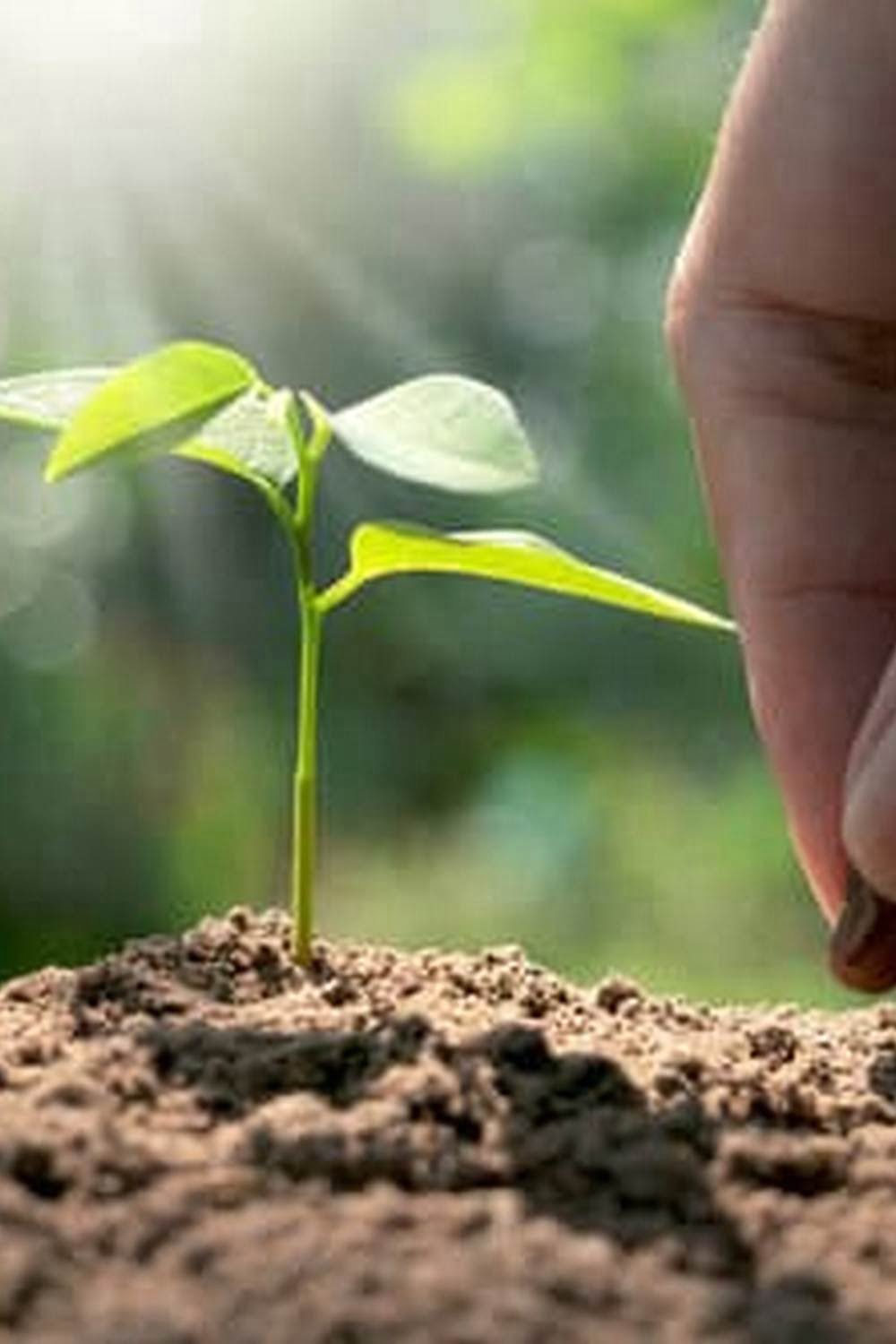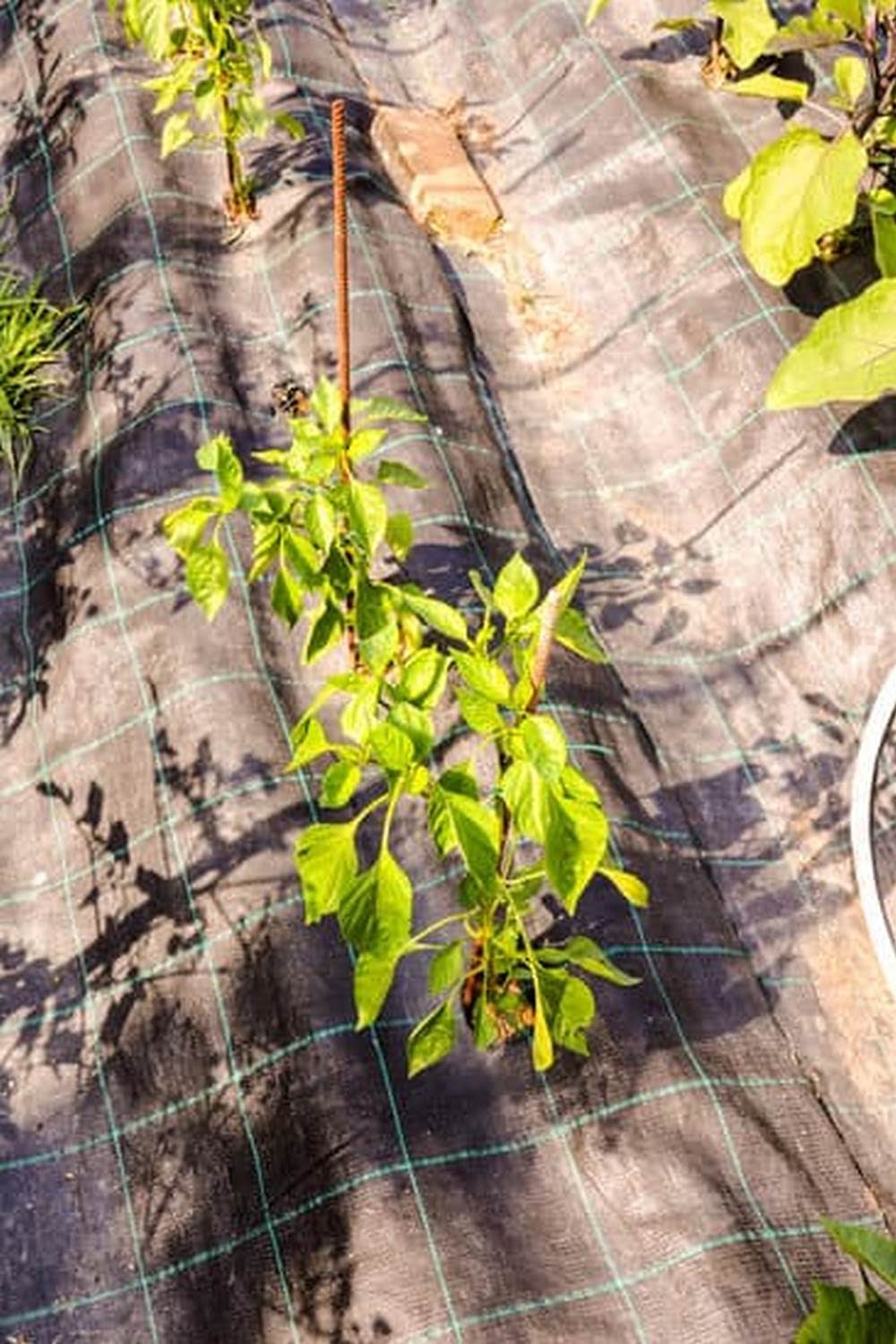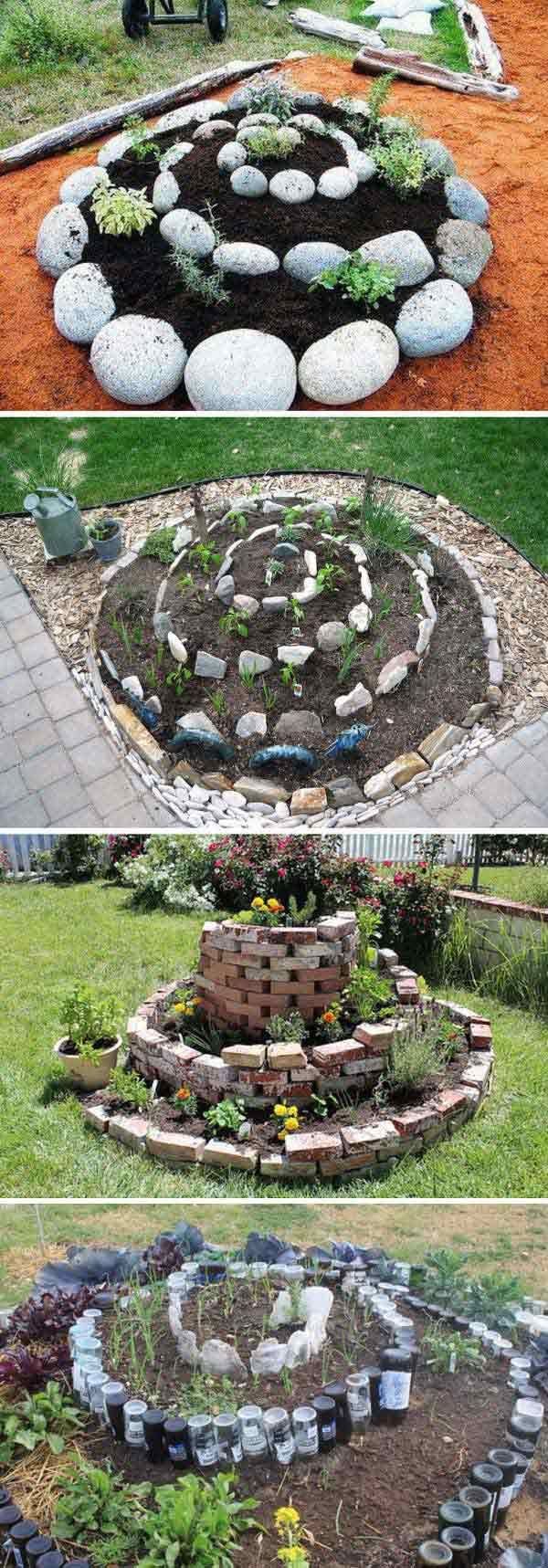Is Miracle Grow gardening soil safe for vegetables? This is a common question among gardeners who want to ensure the safety of their homegrown produce. Miracle Grow gardening soil is a popular choice for many, known for its convenience and effectiveness in promoting plant growth. In this article, we will explore the ingredients of Miracle Grow gardening soil, potential risks of using it for vegetable gardening, safety precautions, alternatives, testing methods, and real-life experiences of gardeners.
Miracle Grow Gardening Soil is specifically formulated to provide the necessary nutrients and support for plants to thrive. Its purpose is to make gardening easier by providing a nutrient-rich growing environment that promotes healthy growth and high yields. However, despite its popularity and effectiveness in promoting plant growth, there are concerns about its safety when used for growing vegetables.
Understanding the ingredients and formulation of Miracle Grow gardening soil can provide insight into whether it is safe for vegetables. This article aims to address these concerns by examining the potential risks of using Miracle Grow gardening soil for vegetable gardening, as well as discussing safety precautions that can be taken when using this product. Additionally, we will explore alternative options for vegetable gardening and methods for testing the safety of Miracle Grow gardening soil.
Understanding Miracle Grow Gardening Soil Ingredients
Miracle-Gro is a popular brand of gardening products known for its all-purpose plant food and potting soil. Miracle-Gro gardening soil is formulated to provide essential nutrients and moisture retention for plants, including vegetables. The ingredients in Miracle-Gro gardening soil are carefully selected to promote healthy plant growth and are designed to be safe for use in vegetable gardens.
Ingredients in Miracle-Gro Gardening Soil
The formula for Miracle-Gro gardening soil typically includes a blend of peat moss, composted bark fines, perlite, and a slow-release fertilizer. These ingredients work together to create a rich and well-draining medium that is suitable for growing vegetables. The slow-release fertilizer provides the necessary nutrients for vegetable plants to thrive, while the peat moss and composted bark fines help retain moisture in the soil.
Formulation Process
The ingredients in Miracle-Gro gardening soil undergo a careful formulation process to ensure that they are well-balanced and suitable for various types of plants, including vegetables. Each ingredient is selected for its specific properties that contribute to the overall quality of the soil. The formulation process also takes into account the pH levels and nutrient content needed for optimal plant growth.
Benefits of Using Miracle-Gro Gardening Soil
The carefully formulated ingredients in Miracle-Gro gardening soil make it an ideal choice for vegetable gardening. The balanced blend of nutrients, moisture retention, and drainage properties can help vegetables thrive and produce a bountiful harvest. Additionally, the convenience of using a pre-mixed product like Miracle-Gro gardening soil saves time and effort compared to creating your own soil blend from scratch.
In summary, the careful formulation of Miracle-Gro gardening soil makes it a convenient and effective option for growing vegetables in your garden. The balanced blend of ingredients provides essential nutrients, moisture retention, and drainage properties necessary for healthy plant growth. When used according to the package instructions, Miracle-Gro gardening soil is safe for use in vegetable gardens.
Potential Risks of Using Miracle Grow Gardening Soil for Vegetable Gardening
Miracle Grow Gardening Soil may pose some potential risks when used for vegetable gardening. While Miracle Grow is a well-known and widely-used brand for gardening products, it is important to understand the potential drawbacks before using their gardening soil for cultivating vegetables.
One of the main concerns gardeners have is whether Miracle Grow Gardening Soil contains any harmful chemicals or non-organic materials that could be detrimental to the health of vegetables and ultimately, to the health of those consuming them. The formulation of Miracle Grow Gardening Soil includes synthetic fertilizers, which can potentially contribute to nutrient imbalances in the soil over time. This can lead to an accumulation of chemical residues within the vegetables grown in this soil.
Another risk associated with using Miracle Grow Gardening Soil for vegetable gardening is its high salt content. Excessive salts in the soil can harm vegetable plants by inhibiting their ability to absorb water and nutrients, leading to stunted growth, yellowing leaves, and overall poor yields. Additionally, these salts can remain in the soil for a long time, affecting subsequent crops as well.
It’s important for gardeners to exercise caution and be aware of these potential risks when considering using Miracle Grow Gardening Soil for their vegetable gardens. By taking proper safety precautions and considering alternative options, they can minimize any negative impacts on their produce and ensure a healthy growing environment for their vegetables.
| Potential Risks | Concerns |
|---|---|
| Synthetic Fertilizers | Potential nutrient imbalances and chemical residues in vegetables |
| High Salt Content | Inhibition of water and nutrient absorption in vegetable plants |
Safety Precautions When Using Miracle Grow Gardening Soil for Vegetables
When using Miracle Grow Gardening Soil for vegetable gardening, it is important to take certain safety precautions to ensure the health of your plants and your own well-being. While Miracle Grow is a popular brand known for its effectiveness in promoting plant growth, there are potential risks associated with its use, particularly when it comes to growing vegetables.
Read and Follow Instructions Carefully
Before using Miracle Grow Gardening Soil for your vegetable garden, it is crucial to carefully read and follow the instructions provided on the packaging. Different products may have specific guidelines for application and usage, so make sure to adhere to these instructions to minimize any potential risks.
Use Protective Gear
When handling Miracle Grow Gardening Soil, consider wearing gloves and a mask to protect your skin and respiratory system from potential irritants or allergens present in the soil. This precaution can help prevent any adverse reactions that may occur from direct contact with the product.
Store Safely
After use, be sure to store any leftover Miracle Grow Gardening Soil in a safe place away from children and pets. Keep the packaging tightly sealed to prevent accidental ingestion or exposure. Additionally, avoid storing the soil in areas with extreme temperatures or moisture, as this can affect its composition over time.
By taking these safety precautions into consideration when using Miracle Grow Gardening Soil for vegetable gardening, you can help ensure a safer and more successful growing experience for your plants. It is important to prioritize the health and well-being of both yourself and your vegetables when using any gardening products.
Alternatives to Miracle Grow Gardening Soil for Vegetable Gardening
Miracle-Gro is a popular brand of gardening soil that is commonly used for various types of plants, including vegetables. However, some gardeners may have concerns about whether Miracle-Gro gardening soil is safe for vegetables. It’s essential to explore alternative options that can provide the necessary nutrients for vegetable gardening without any potential risks.
One alternative to using Miracle-Gro gardening soil for vegetable gardening is to create your compost. Composting allows you to recycle organic waste from your kitchen and yard, such as fruit and vegetable scraps, coffee grounds, and grass clippings, into nutrient-rich soil for your garden. This method not only reduces waste but also ensures that you have full control over the ingredients going into your garden soil.
Another alternative is to use organic gardening soils that are specifically formulated for vegetable gardening. These products are made from natural and organic materials, free from synthetic chemicals or additives. Organic gardening soils are designed to promote healthy plant growth while ensuring safety for edible plants like vegetables.
Some gardeners opt for raised bed gardening using a mix of topsoil and compost. Raised beds offer better control over the quality of the soil and drainage, which can be especially beneficial for vegetable gardening. By mixing topsoil with homemade or store-bought compost, you can create a rich and fertile environment for growing vegetables without the need for Miracle-Gro gardening soil.
For those concerned about the safety of using Miracle-Gro gardening soil for their vegetables, exploring these alternative options can provide peace of mind while still achieving successful vegetable yields.
| Alternative Option | Description |
|---|---|
| Create Your Compost | Recycle organic waste into nutrient-rich soil |
| Organic Gardening Soils | Made from natural and organic materials with no synthetic chemicals |
| Raised Bed Gardening | Mix topsoil with homemade or store-bought compost |
Testing Miracle Grow Gardening Soil for Vegetable Safety
When it comes to gardening, especially when growing vegetables, it is crucial to ensure that the soil used is safe and free from harmful chemicals. Miracle Grow Gardening Soil is a popular choice for many gardeners due to its convenience and effectiveness in promoting plant growth. However, before using it for vegetable gardening, it is important to test the soil to ensure its safety.
There are several ways to test Miracle Grow Gardening Soil for vegetable safety. Here are some methods to consider:
- Chemical Analysis: One way to test the soil is through a chemical analysis to determine the presence of any harmful substances such as heavy metals or pesticides.
- pH Testing: Testing the pH of the soil can also provide valuable information about its suitability for vegetable gardening. Most vegetables prefer a slightly acidic soil with a pH between 6.0 and 7.0.
- Microbial Testing: This involves testing the soil for the presence of beneficial microbes such as bacteria and fungi, which are essential for healthy plant growth.
It is important to note that even if Miracle Grow Gardening Soil may be deemed safe for vegetables after testing, it is always best practice to use personal protective equipment when handling any type of gardening soil or fertilizer. This includes wearing gloves and a mask when working with the soil to prevent inhalation or skin contact with potentially harmful substances.
Ultimately, testing Miracle Grow Gardening Soil for vegetable safety will provide peace of mind and ensure that your vegetables will thrive in a safe and healthy environment.
Real-Life Experiences of Gardeners Using Miracle Grow Gardening Soil for Vegetables
Many gardeners have had positive experiences using Miracle Grow Gardening Soil for their vegetable gardens. The convenience and effectiveness of this soil make it a popular choice for both beginner and experienced gardeners. Here are some real-life experiences shared by gardeners who have used Miracle Grow Gardening Soil for their vegetables:
- One gardener, Sarah, mentioned that she saw a significant improvement in the growth and yield of her vegetables after switching to Miracle Grow Gardening Soil. She found that her plants were healthier, with vibrant leaves and bigger fruits.
- Another gardener, John, stated that he appreciates the consistent results he gets from using Miracle Grow Gardening Soil. He has been able to grow a variety of vegetables including tomatoes, peppers, and cucumbers with great success using this soil.
- A third gardener, Emily, highlighted the ease of use of Miracle Grow Gardening Soil as one of its main benefits. She mentioned that the soil is lightweight and easy to work with, which made it more convenient for her gardening activities.
These positive experiences reflect the effectiveness of Miracle Grow Gardening Soil for growing vegetables. Many gardeners have seen improvements in the health and yield of their vegetable plants when using this soil.
It is important to note that while these individual experiences are positive, it is crucial to consider all aspects before deciding if Miracle Grow Gardening Soil is safe for vegetables in general. It is also recommended to perform proper testing and take safety precautions when using any gardening soil for vegetable gardening.
Conclusion
In conclusion, the question of whether Miracle Grow Gardening Soil is safe for vegetables is a complex one. While Miracle Grow products are generally considered safe when used as directed, there are potential risks to consider when using it for vegetable gardening. The ingredients in Miracle Grow Gardening Soil, such as synthetic chemicals and fertilizers, may raise concerns for some growers who prioritize organic or natural gardening methods.
As with any gardening product, safety precautions should be taken when using Miracle Grow Gardening Soil for vegetables. This includes wearing gloves to minimize skin contact with the soil and avoiding inhalation of dust particles. Additionally, it’s important to follow the manufacturer’s instructions closely and to wash vegetables thoroughly before consuming them.
For those who are cautious about using Miracle Grow Gardening Soil for their vegetables, there are alternative options available. Organic potting mixes and compost-based soils are popular choices among organic gardeners and can provide a natural and nutrient-rich environment for growing vegetables without the use of synthetic chemicals.
Ultimately, the decision of whether to use Miracle Grow Gardening Soil for vegetable gardening depends on individual preferences and priorities. While some gardeners have had positive experiences with the product, others may prefer to explore more natural or organic alternatives. It’s important for each grower to weigh the potential risks and benefits before making a decision that aligns with their gardening principles and goals.
Frequently Asked Questions
Why Not Use Miracle Grow on Vegetables?
Using Miracle-Gro on vegetables is not recommended because it may contain high levels of synthetic nutrients that can harm the delicate balance of a vegetable garden. Organic fertilizers are generally preferred for vegetables to maintain soil health and safety.
Is Miracle-Gro Garden Soil Good for Tomatoes?
Miracle-Gro Garden Soil can provide some benefits for tomatoes, such as good drainage and aeration. However, it’s important to be mindful of its nutrient content and potential pH imbalance, which may not be ideal for tomatoes. It’s best to enrich the soil with organic matter specifically tailored for tomato plants.
Can You Use Miracle Grow Soil for Edible Plants?
While Miracle-Gro soil can technically be used for edible plants, it’s essential to understand the specific needs of each plant variety. Some edible plants may not thrive in soil enriched with synthetic fertilizers. It’s generally best to use organic soil or amend Miracle-Gro soil with natural compost when growing edible plants for optimal results and safety.

If you’re looking to get into vegetable gardening, or are just looking for some tips on how to make your current garden better, then you’ve come to the right place! My name is Ethel and I have been gardening for years. In this blog, I’m going to share with you some of my best tips on how to create a successful vegetable garden.





